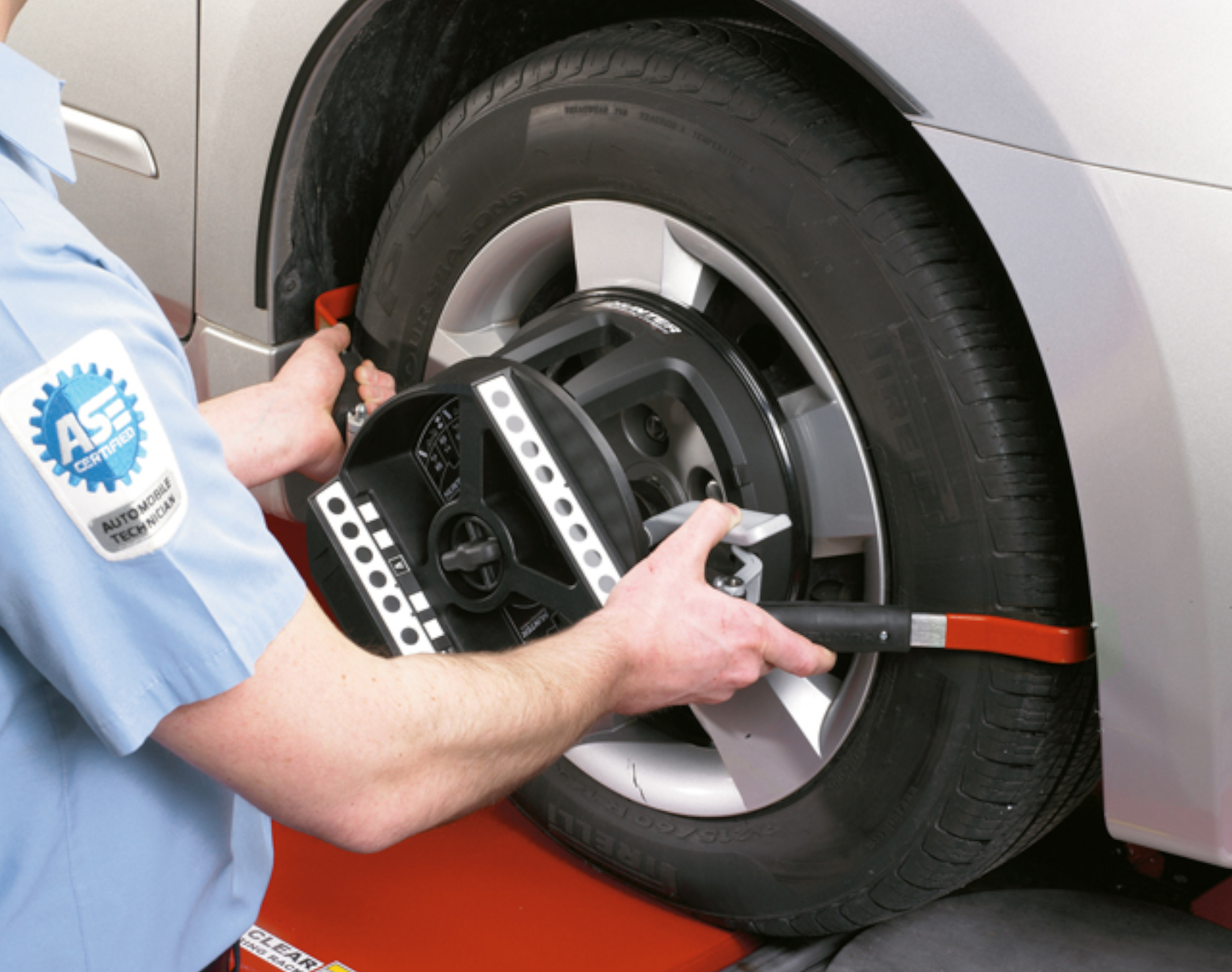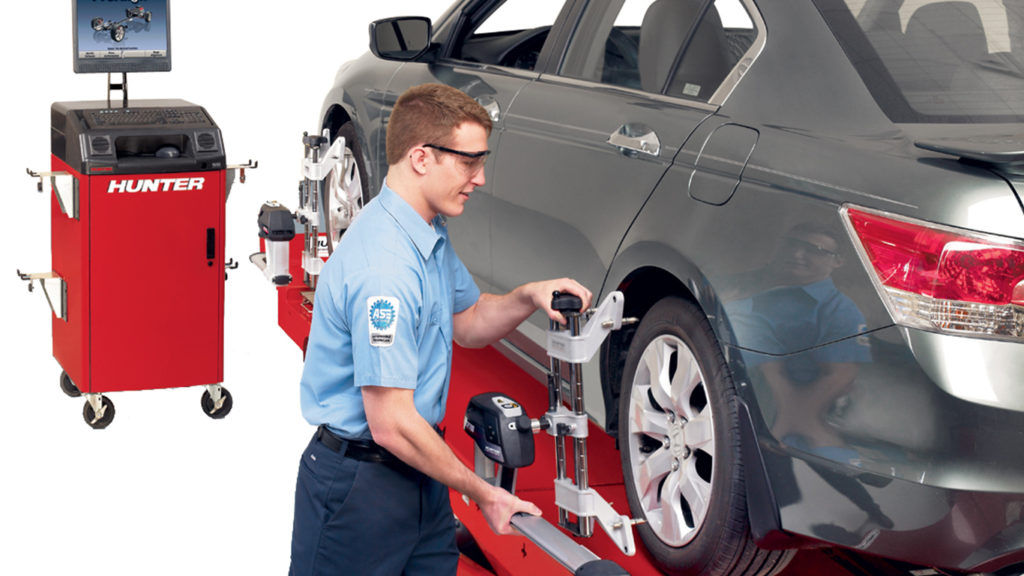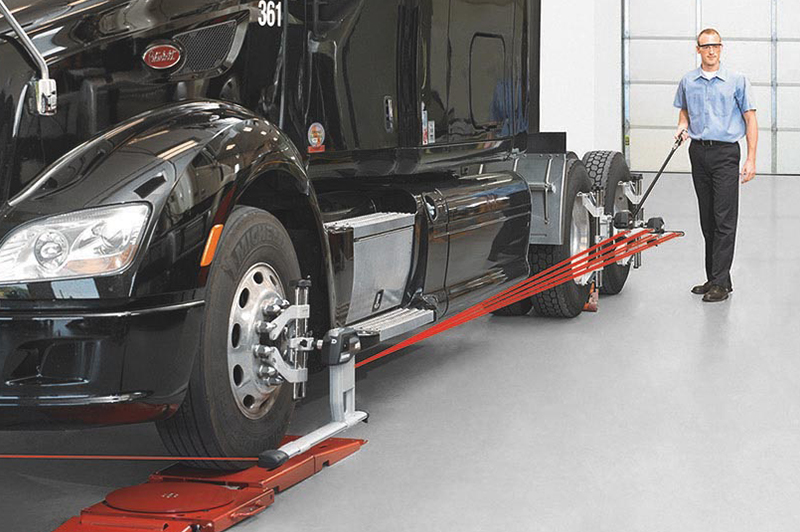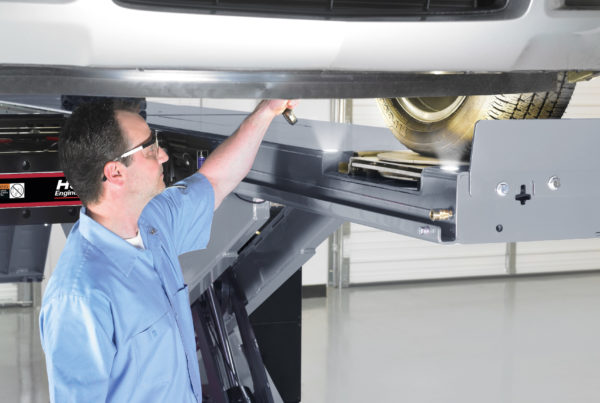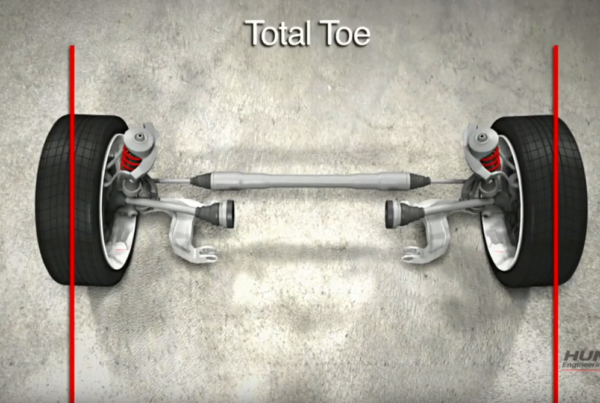If you’ve ever found your vehicle pulling to one side or noticed uneven tyre wear, you may have experienced the effects of poor wheel alignment.
But does wheel alignment really affect steering? The answer is a resounding yes. Many drivers underestimate the impact of wheel alignment on their vehicle’s performance and safety, but the truth is that it plays a crucial role.
What is a Wheel Alignment?
Wheel alignment refers to the adjustment of a vehicle’s wheels so that they are set to the car manufacturer’s specifications. It’s not just about making sure your wheels are straight; it’s about ensuring that they’re aligned correctly in relation to each other and to your vehicle as a whole.
Proper wheel alignment is crucial for the optimal performance of your vehicle, particularly when it comes to steering. When your wheels are correctly aligned, your vehicle can deliver the best possible handling and performance. On the other hand, misaligned wheels can lead to a variety of problems.
Explore what wheel alignment means in full with our comprehensive guide.
Does Wheel Alignment Affect Steering?
When it comes to wheel alignment, precision matters more than you might think. Incorrect alignment can create a domino effect of issues, with steering being one of the most affected areas. Poor handling and difficulties in steering are common consequences of misalignment.
Imagine driving down the highway, and your vehicle starts drifting or pulling to one side. This not only compromises your control but also poses significant safety risks, especially at high speeds. Handling challenges like these can lead to accidents that nobody wants to deal with.
The Dangers of Poor Wheel Alignment
But that’s not all. The dangers of poor wheel alignment go beyond steering troubles. Premature tyre wear becomes a major concern, cutting short the lifespan of your expensive tires and necessitating untimely replacements.
Fuel consumption is another unwelcome consequence. Misalignment forces the tyres to work harder, leading to increased rolling resistance. This means higher fuel consumption and reduced fuel efficiency for vehicles, resulting in more frequent trips to the gas station.
As a garage or vehicle workshop professional, offering top-notch wheel alignment services becomes vital. By addressing alignment issues promptly, you can save your customers from potential accidents and expensive repairs.
The Importance of Regular Wheel Alignment Checks
Preventing Steering Issues
Consistent wheel alignment checks are non-negotiable when it comes to your vehicle’s performance and safety. These checks act as a proactive measure, helping you identify and address alignment problems before they escalate into more serious issues.
By taking this preventive step, you ensure that your vehicle maintains optimal steering and handling, making it a safer and more enjoyable ride.
Extending the Lifespan of Your Tyres
Regular wheel alignment checks also play a crucial role in ensuring that your tyres wear evenly and efficiently. This simple practice extends the lifespan of tyres, saving money in the long run by reducing the need for premature replacements.
Our Wheel Alignment Systems
Features of Our Alignment Systems
At Pro-Align, we take road safety seriously, and it’s our top priority to keep drivers safe and their vehicles performing optimally. Our expert team specialises in precise wheel alignment services to ensure accurate handling and tire longevity. By partnering with us, you can provide your customers with a reliable and trusted solution for all their alignment needs.
With state-of-the-art equipment and a skilled team of technicians, we deliver exceptional results that meet the highest industry standards. Contact Pro-Align today to find out more about our wheel alignment services.
Real-world Applications of Our Alignment Systems
Our wheel alignment systems have been successfully used in a variety of settings, helping vehicle owners and operators maintain their vehicles’ performance and safety. These real-world applications demonstrate the effectiveness of our systems and the benefits they can provide.



